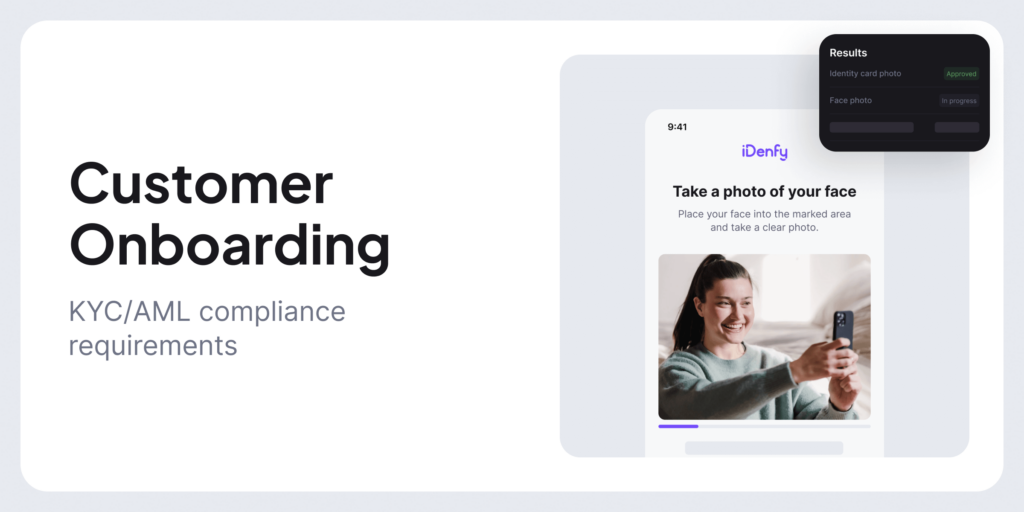Blog
Identity Verification Blog
April 27, 2023
KYC Onboarding: How to Achieve KYC/AML Compliance?
The KYC onboarding process is crucial for any company that wants to ensure customer trust and credibility. Companies must build an efficient and seamless onboarding to create a positive customer experience from the beginning, setting the tone for the entire customer relationship.

April 25, 2023
What is the Difference Between CDD and EDD?
Businesses perform different levels of Know Your Customer (KYC) processes on their customers, namely Customer Due Diligence (CDD) and Enhanced Due Diligence (EDD). To understand CDD and EDD better, we’ll discuss the differences and key aspects of how to ensure proper compliance for low-risk and high-risk customers.
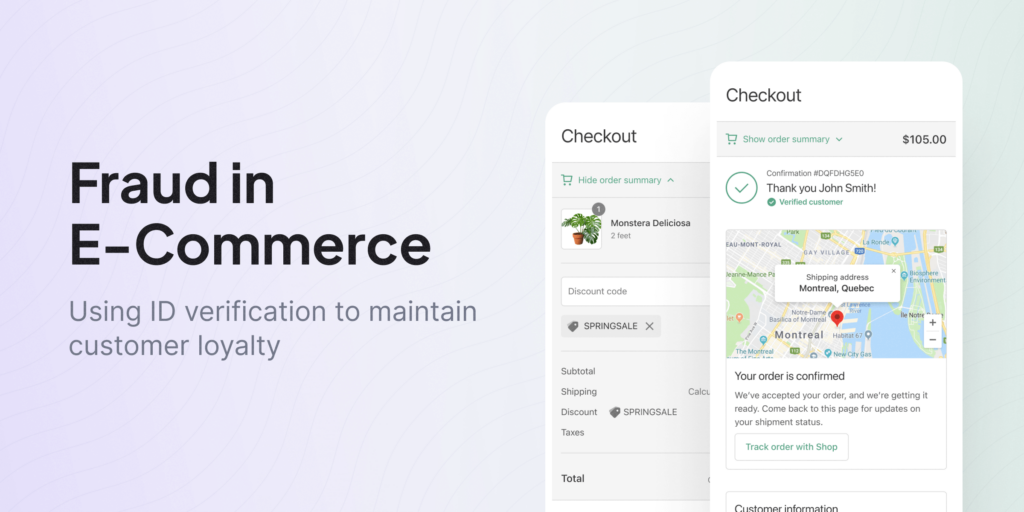
April 21, 2023
E-commerce Fraud: Guide to Preventing Money Laundering with Identity Verification
Amazon, eBay, AliExpress. These are just a few of the household names that have been ruling the e-commerce world. While e-commerce has been successful in providing convenience to customers, it also poses challenges for businesses, such as fraud and money laundering. If left uncontrolled, e-commerce brands can face revenue loss and other major consequences.

April 11, 2023
DAC7 Directive: How Online Marketplaces Should Collect, Verify, and Report Their Data
In this article, we share the essentials about what the new regulation, DAC7, is and how it affects online marketplaces. Learn more about the EU tax transparency rules and prepare your business for the changes.

April 6, 2023
The Complete Sanctions Screening Guide [Updated 2024]
Sanctions refer to penalties or punishments imposed due to violating a law, rule, or order. That’s why associating with a sanctioned business is not only dangerous reputation-wise but also illegal. To prevent such consequences, sanctions screening helps identify and manage risks and stops the business from being exposed to unwanted criminal activity.
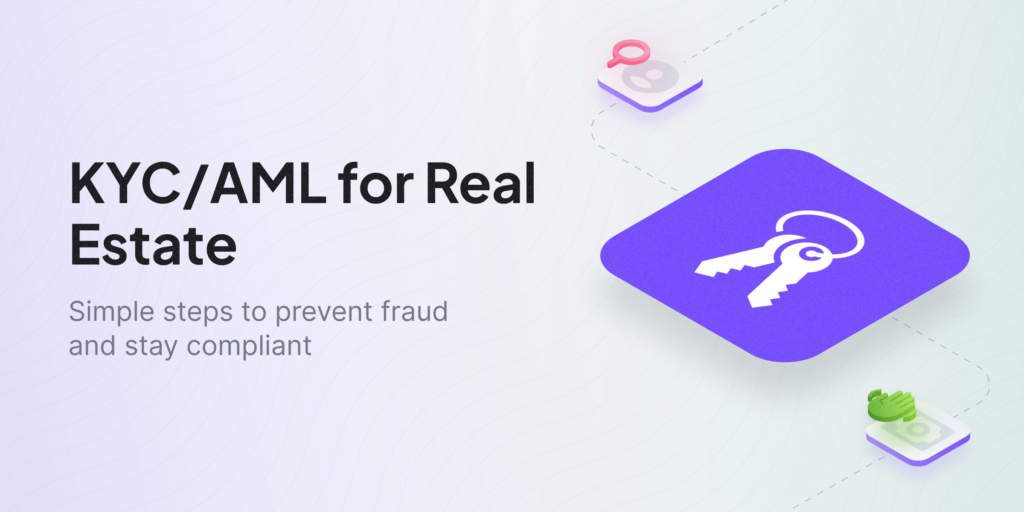
March 31, 2023
KYC in Real Estate: Here’s Your Compliance Checklist to Prevent Money Laundering
Know Your Customer (KYC) checks have become a crucial part of the buying process when it comes to real estate transactions. Even if real estate brokers and home buyers don’t necessarily want to undergo additional security measures, Anti-Money Laundering (AML) regulations push businesses to ensure that no illegal activities are conducted in property sales.

March 28, 2023
GPT-4: OpenAI Introduced a New Version of ChatGPT, But What’s Different?
TikTok, Reddit, and the whole internet are getting wild for the most popular chatbot created by OpenAI, the AI giants who managed to develop a system so powerful that people can’t stop talking about it since November 2022. Since the introduction of the latest version, GPT-4, a lot has changed in, once again, how we write outreach emails, generate code, do homework… And a whole bunch of other things — all powered by artificial intelligence.
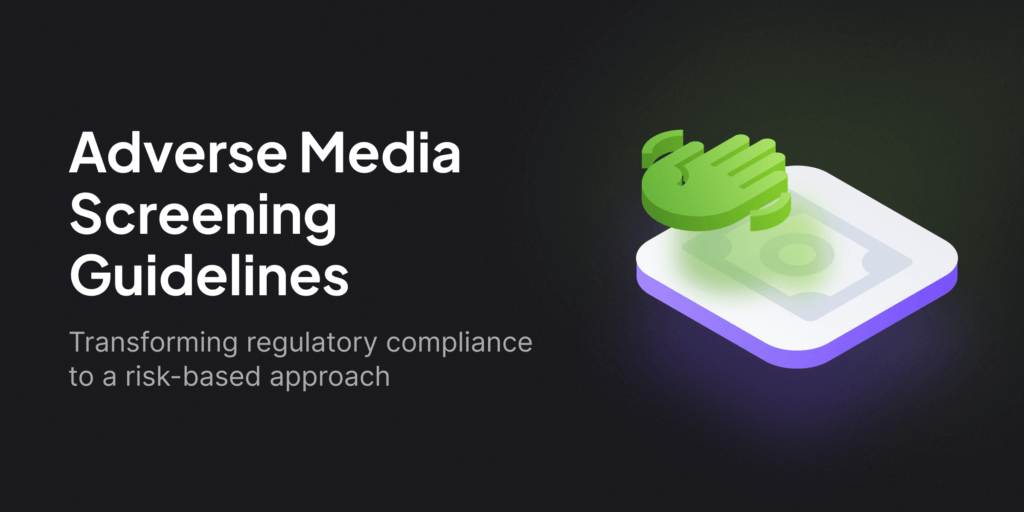
March 17, 2023
What is Adverse Media Screening? Effective Practice for AML Compliance
Adverse media refers to any negative or bad information published about brands, companies, and individuals in various media outlets. But why is it important? Well, first of all, screening negative news is crucial for businesses as it helps them steer clear of any association with harmful entities involved in money laundering or terrorist financing.
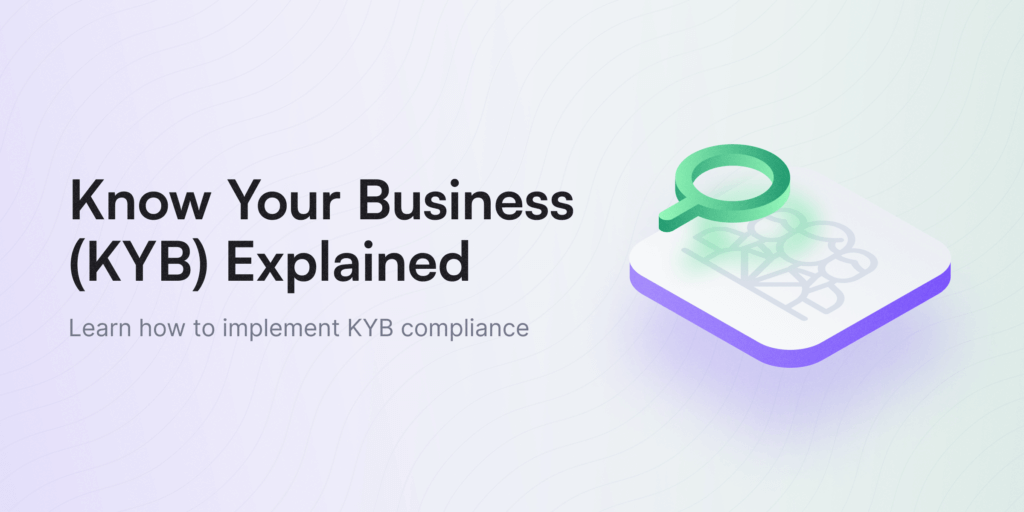
Know Your Business (KYB): Quick-Start Compliance Guide & FAQs
Verifying the legal status of a company, identifying its beneficial owners, and monitoring risks to ensure ongoing compliance are all important stages of Know Your Business verification. But this process remains a mystery to some organizations, often resulting in many challenges.
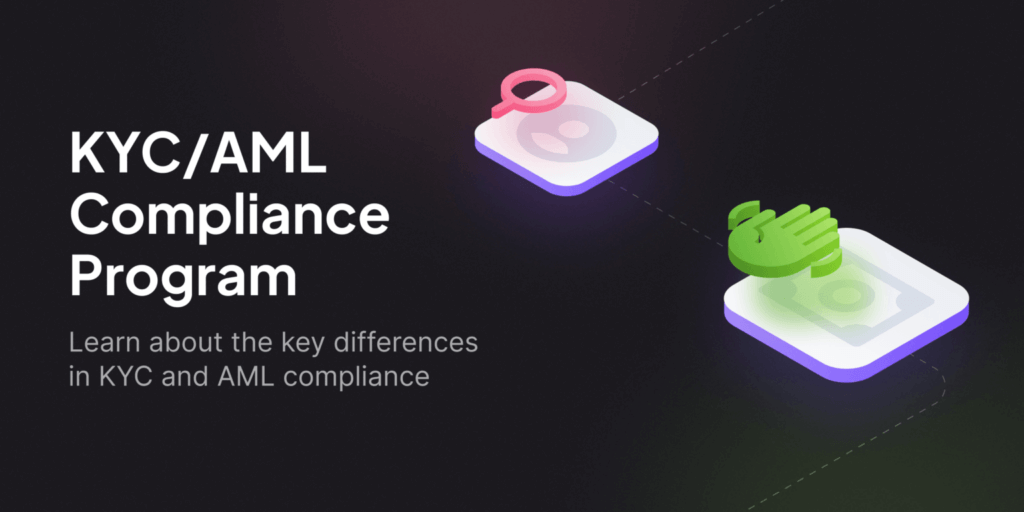
KYC and AML Compliance: Key Differences and Best Practices
KYC, AML, CDD… Similar but very different compliance terms that people tend to confuse. While regulations vary across countries and different areas, nowadays, not only financial institutions but many other businesses need to know the differences between the mentioned components to maintain effective Anti-Money Laundering programs.
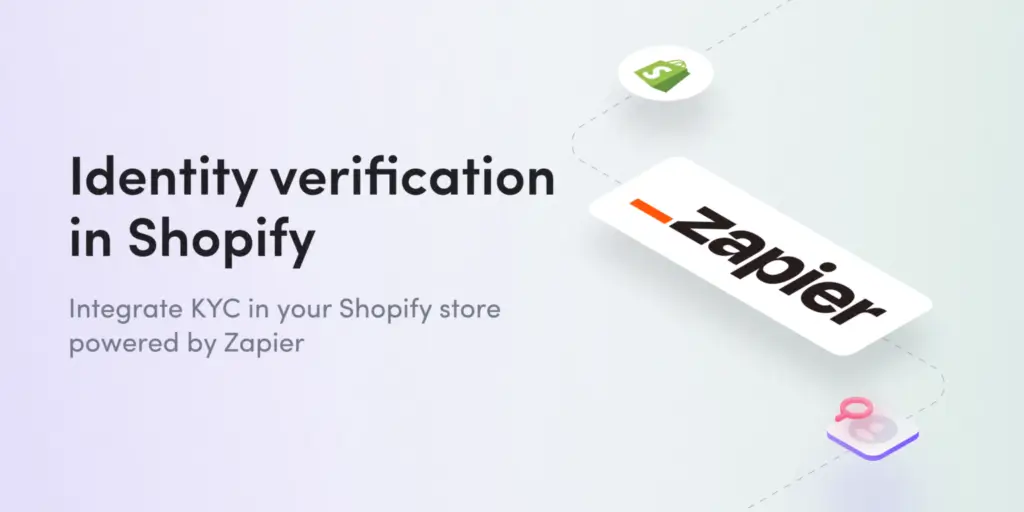
Identity verification in Shopify with Zapier
In this guide, you will learn how to integrate identity verification into your e-commerce website powered by Shopify within ~15 minutes. To make integration fully customizable on your end, we will use our official Zapier plugin to automate workflow.

March 9, 2023
Why You Should Spend More “Me” Time: Gabija’s Story About Balance And Persistence
How can you ensure that customers feel their needs are being met? Well, there are many factors. One of the key ones is that your business needs a responsible person who handles most one-on-one client interactions. At iDenfy, we have that person, and she’s one of the best people out there. Tag along to meet our Account Manager, Gabija Glušauskienė.
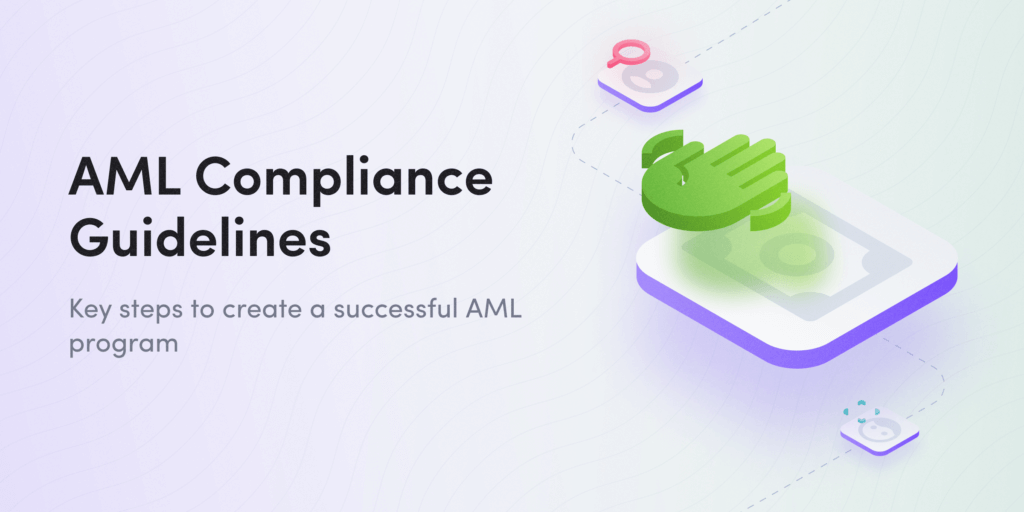
March 9, 2023
What is an AML Compliance Program? [Updated 2024 Guide]
Fraudsters constantly launder money without getting caught. The only way to prevent illicit crimes is to follow AML compliance guidelines, which include proper internal operations, security policies, data monitoring, and fraud detection. In this article, we’ll explore real-life use cases and share some valuable tips on how to improve your compliance program.
